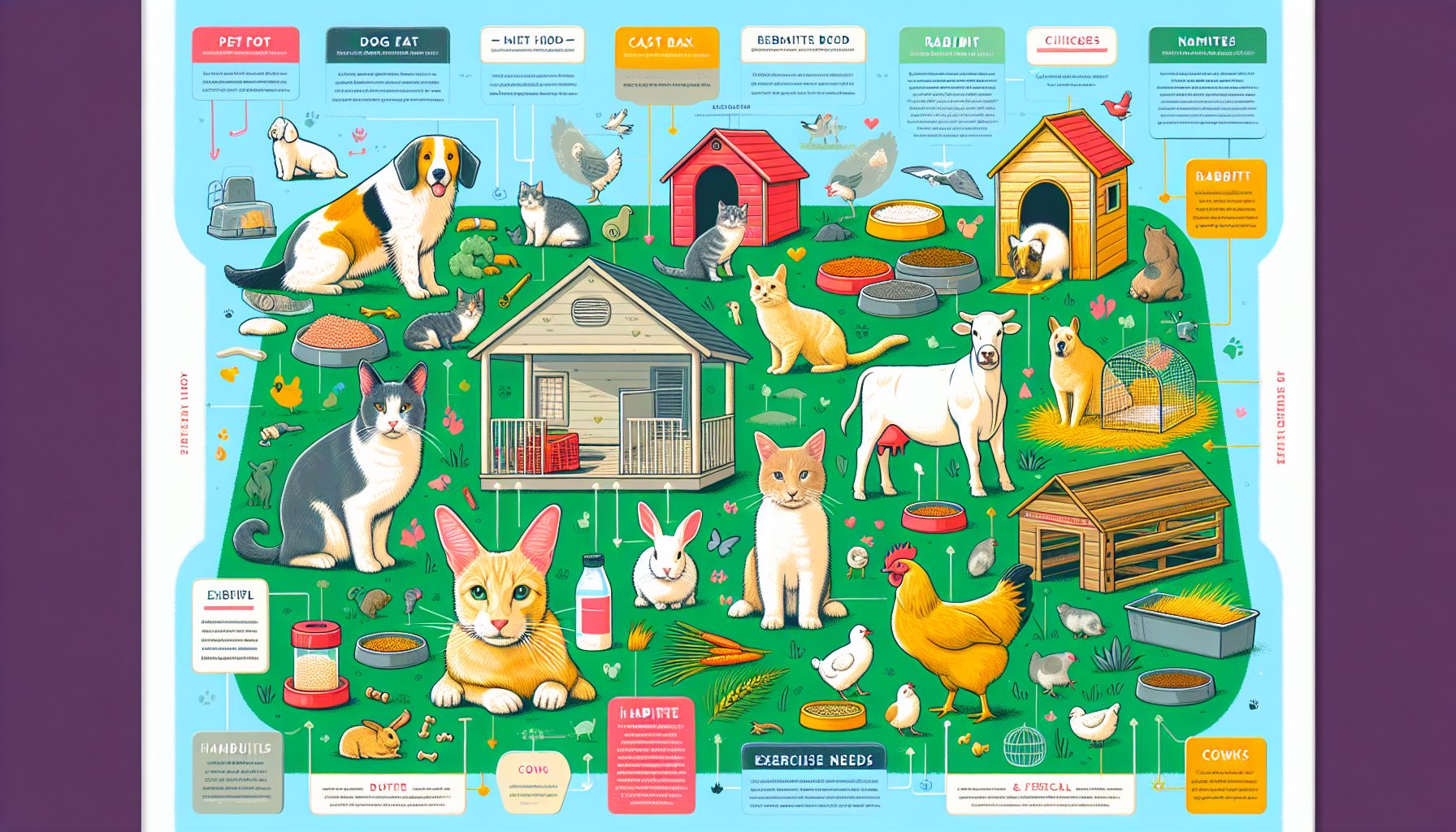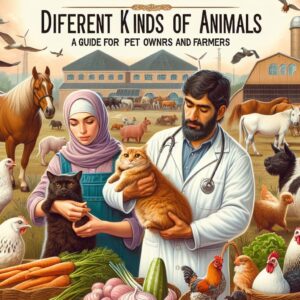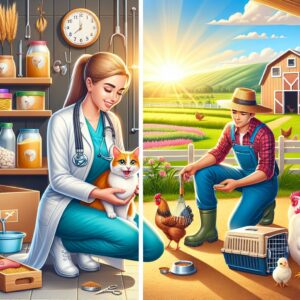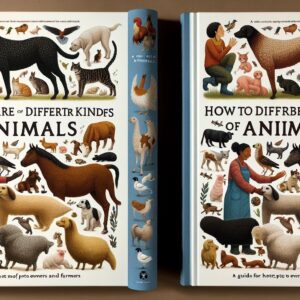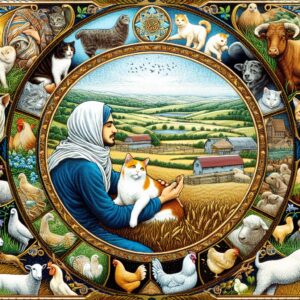As pet owners and farmers, it is our responsibility to care for the animals in our charge. Whether we have furry companions at home or livestock on our farms, providing proper care and attention is essential for their well-being. In this article, we will explore some guidelines and best practices for caring for different kinds of animals, with a focus on animal health, pet care, and even offering a helping hand to injured animals in the wild.
Introduction: The Importance of Animal Care
Proper animal care is vital in ensuring the overall health and happiness of our animal companions. Just like humans, animals require a balanced diet, regular exercise, and a safe environment to thrive. Additionally, providing prompt medical care and keeping abreast of their unique needs are key aspects of responsible pet ownership and livestock management.
Body: Caring for Different Animals
Pet Owners: Dogs and Cats
Dogs and cats are among the most common pets worldwide. As a pet owner, ensuring your furry friend’s well-being starts with providing a nutritious diet. Consult with your veterinarian to determine the appropriate type and amount of food your pet requires. Additionally, always make fresh water available to them.
Regular exercise is another crucial aspect of pet care. Dogs, in particular, benefit from daily walks or playtime in a secure, fenced area. Mental stimulation, such as puzzle toys or training sessions, can enhance their overall well-being.
Remember to schedule routine vet check-ups for vaccinations, parasite control, and general health assessments. Regular grooming, including bathing and brushing, helps maintain healthy skin and coat.
Farmers: Livestock and Farm Animals
Farm animals require diligent care to ensure their productivity and general welfare. Providing ample space, clean water, and a balanced diet are fundamental for livestock health. Ensure their living quarters have proper ventilation to prevent the spread of contagious diseases.
Build a routine for regular inspections of your animals, checking for signs of illness or injury. Promptly address any concerns or consult a veterinarian for guidance. Vaccinations and deworming should be scheduled as recommended by professionals.
Appropriate fencing and secure enclosures protect livestock from predators and prevent them from wandering into unsafe areas. Regular hoof care for animals like horses and cows is essential to prevent discomfort and lameness.
Helping Injured Animals in the Wild
Occasionally, we may encounter injured or distressed animals in the wild. While our primary concern should be our own safety, there are times when we can provide assistance without endangering ourselves or the animal further.
Only attempt to help an injured animal if you have the necessary knowledge or experience. If you encounter a wild animal in need, contact your local animal control or wildlife rescue organization for guidance. They have specialized knowledge and the necessary permits to handle wildlife and rehabilitate injured animals safely.
Conclusion: Our Responsibility as Animal Guardians
Whether we are pet owners or farmers, it is our duty to provide responsible animal care. By understanding and meeting the unique needs of our animals, we ensure their optimal health and happiness. From providing quality food and exercise to scheduling regular veterinary check-ups, the well-being of our animal companions depends on our dedication and attention. And, when the situation arises, knowing how to safely help injured animals in the wild is an added responsibility that we should undertake with caution and care.
Remember, being a responsible animal guardian means constantly seeking knowledge and staying updated on best practices in animal health and care. Together, let’s create a world where every animal receives the love, care, and support they deserve.
